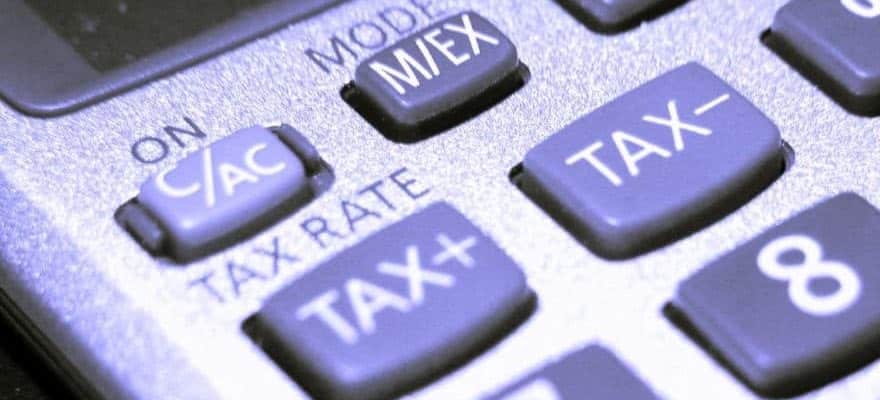Coinbase, the giant American cryptocurrency exchange, has informed thousands of its customers via a letter that it will be reporting their data to the tax authorities.
Discover credible partners and premium clients at China’s leading finance event!
Coinbase claims over ten million users on its website, and its exchange (GDAX) processes trading volumes of almost 360 billion USD every 24 hours, according to Coinmarketcap. The new tax requirements are relevant to approximately 13,000 of its customers, according to CoinTelegraph.
In March of 2017, the Internal Revenue Service filed a case against the exchange over unreported capital gains between the years 2013 and 2015. After 8 months in court, the tax agency won and the exchange was ordered to submit the personal data of every customer with holdings of over 20,000 USD and above - specifically, taxpayer ID number, name, birth date, address, account statements and invoices.
Coinbase had promised its customers that it would fight for their privacy. It lost the court case, but because the IRS had initially demanded the data of 480,000 customers, the exchange called the final ruling a "partial victory".
The letter, dated 23.2.17, tells customers to consult with an attorney if they have any questions. The FAQ on the exchange's website says: "We remind all our customers, that you have a responsibility to self-report and pay taxes on all taxable gains. Please consult with your accountant or tax advisor to ensure that you file and pay taxes correctly."
In a similar development, the Israeli tax authorities recently announced guidelines for the taxation of cryptocurrency gains, as we reported last week.
Meanwhile, Coinbase has caught up with its Hong Kong-based peer Bitfinex in adopting the SegWit update to the Bitcoin Blockchain , according to a company blog post. This means that people using wallets with this update will be able to use the exchange to process their money. SegWit, or segregated witness, improves transaction speeds while lowering transaction costs by enlarging the blocks on the blockchain.


















